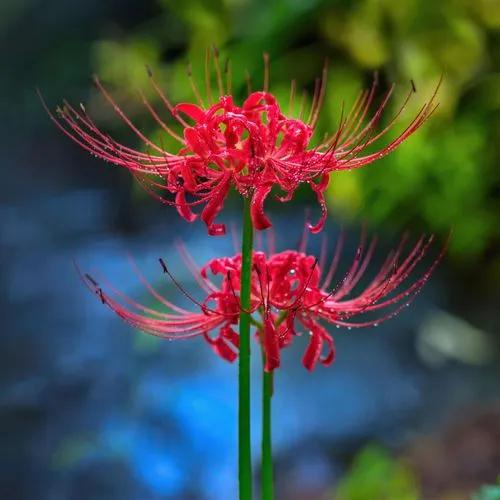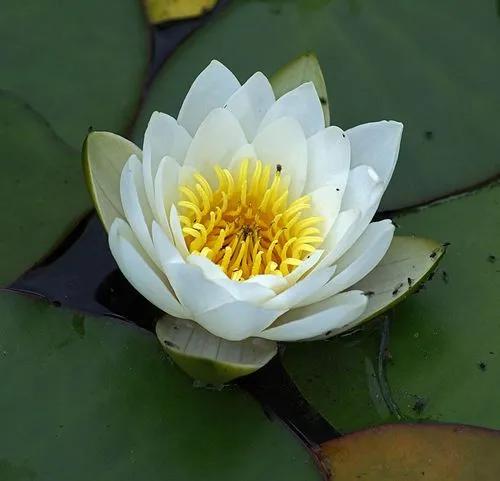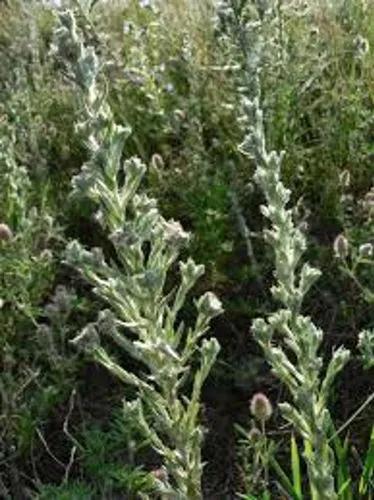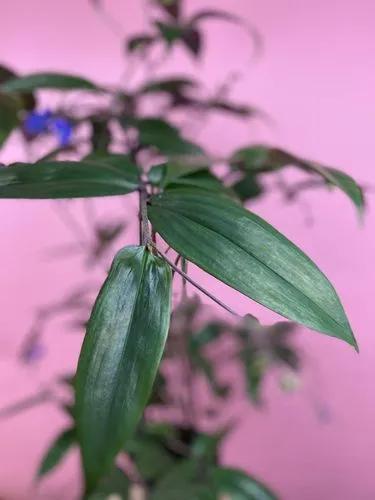Delphinium tricorne, known by the common name dwarf larkspur, is a species of flowering plant in the buttercup family. It is native to the eastern United States, where it is the most common Delphinium found. It is found in rich mesic forests, often over calcareous rocks.
Delphinium Tricorne Care
Delphinium Tricorne



How to Care for the Plant

Water

Delphiniums require regular watering, specifically during the dry summer months. Soil should stay just barely moist and never dry out, nor become soggy. Apply a balanced liquid fertilizer every 2-3 weeks. Apply a thin layer of compost in the spring as well as a 2 in.

Pruning

Delphiniums require considerable maintenance (staking, pruning, deadheading, disease control) in order to perform well in the garden. Although delphiniums have a relatively short flowering season, cutting the flower spikes back as soon as they have faded can encourage plants to produce a few flowers in late August or September.

Sunlight

Light Requirements. part-shade, shade.

Soil

Soil Description. neutral, rich, loam, clay, gravel/rock.

Temperature

Prefers climates with cool summer temperatures.

Popularity

144 people already have this plant 28 people have added this plant to their wishlists
Discover more plants with the list below
Popular articles






